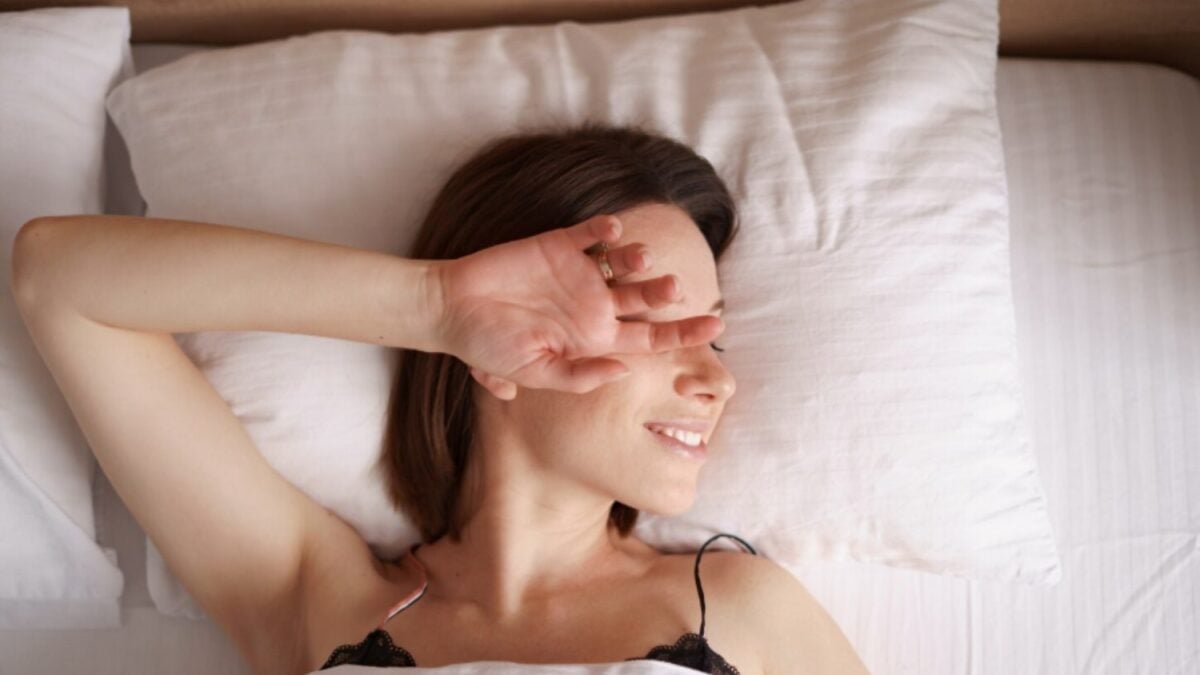Sleeping well to eat better: the science confirms the link between sleep and nutrition

The role of sleep in regulating appetite
Getting a good night’s sleep is much more than just closing your eyes and resting: it’s a biological necessity that directly impacts how we eat. Studies from the University of Pisa and the reveal that sleeping less than seven hours disrupts the hormones that regulate hunger and satiety.
When rest is insufficient, leptin (which indicates we are full) decreases and ghrelin, the hunger hormone, increases.
The result is a stronger urge towards ultra-processed foods, high in fats, salt, and sugars, capable of providing immediate pleasure but low nutritional value.
Sleep deprivation also alters eating behavior: more is eaten, it’s of lower quality, and with less planning. Those who sleep poorly report greater difficulty resisting cravings, turn to quick snacks, and often break meal schedules.
What we eat also influences how we sleep
The influence is bidirectional: a balanced diet promotes deeper and more extended sleep.
Researchers from the University of Tsukuba (Japan) analyzed the habits of over 4,800 people and found that those who consume more proteins, fiber, and fresh foods sleep better and longer.
In contrast, is associated with nighttime awakenings and fragmented sleep.

The effect is magnified if caffeine or alcohol is consumed before bedtime, two substances that disrupt circadian rhythms.
Likewise, having late dinners, skipping breakfast, or overindulging in heavy meals are habits that harm rest.
The so-called evening chronotypes—people who sleep and wake up later—often experience more of these disruptions, reporting daytime drowsiness and reduced concentration.
The body’s hormonal language
The balance between sleep and diet is supported by a complex hormonal network.
In addition to leptin and ghrelin, other molecules such as adiponectin and melatonin play crucial roles.
While melatonin regulates the circadian rhythm, its production can decrease with high-fat and high-sugar diets.
Lack of sleep, on the other hand, alters insulin sensitivity and increases the risk of metabolic syndrome and weight gain.
The biology of sleep, ultimately, acts as a mirror of metabolism: what happens during the night directly affects how the body manages energy the following day.
Breaking the vicious cycle
Nutrition and sleep medicine specialists agree it is key to restore balance.
Some practical guidelines recommended by scientific societies include:
-
Maintain regular meal and sleep times.
-
Avoid caffeine, alcohol, and screens before bedtime.
-
Have dinner at least two hours before bedtime.
-
Prioritize fruits, vegetables, whole grains, and lean protein sources.
-
Incorporate light physical activity at the end of the day.

A Link Between Sleep and Eating Habits
These strategies do not seek immediate perfection, but gradual consistency. In cases of chronic insomnia or eating disorders, an interdisciplinary approach with doctors, nutritionists, and psychologists is advised to evaluate the personal causes of imbalance.
A Link that Redefines Health
Scientific evidence is still expanding, but the consensus is clear: sleeping well helps to eat better and eating well helps to sleep better.
Both habits are two sides of the same wellness coin. Ignoring one weakens the other.
The challenge is not to apply strict rules, but to understand that each small improvement — an extra hour of rest, a lighter dinner, a more consistent routine — strengthens the body and mind.






